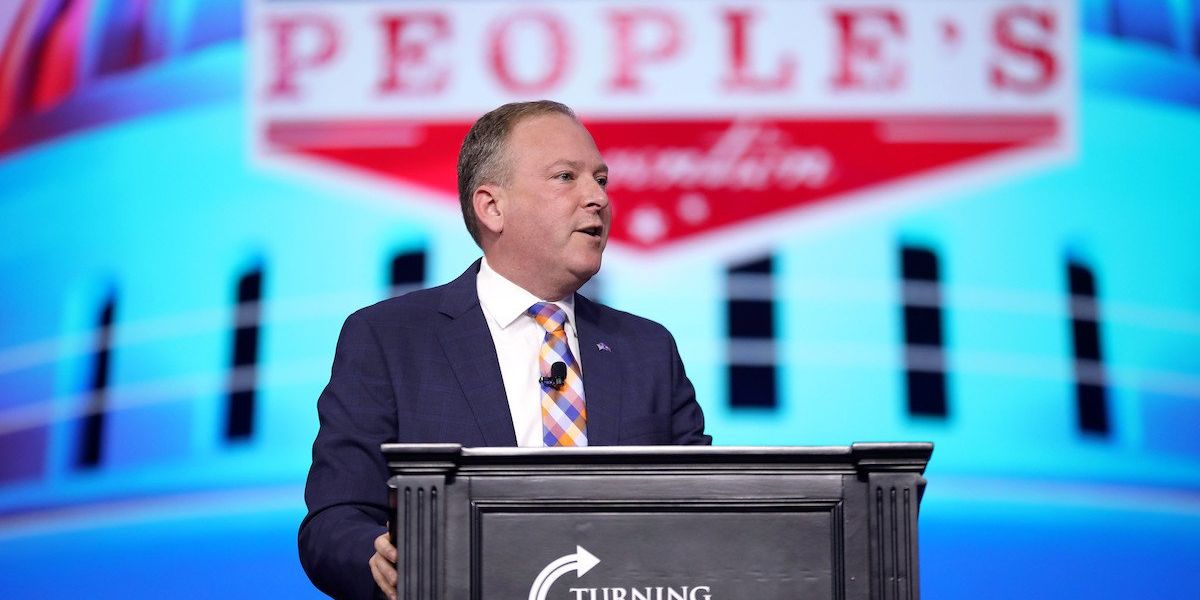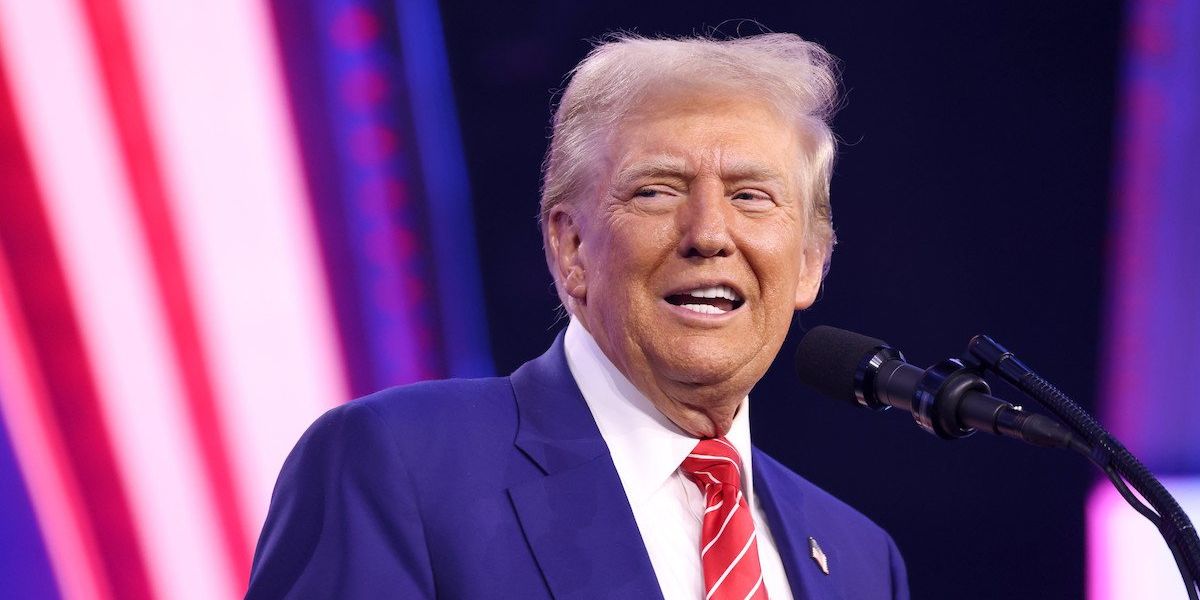congestion pricing
Those critical of congestion pricing often change their minds
Governor Kathy Hochul halted New York City’s $15 congestion pricing plan, citing economic concerns, leaving a $15 billion gap in transit funding.
In short:
- Governor Hochul reversed her stance on congestion pricing, delaying the plan meant to reduce traffic and pollution in downtown Manhattan.
- The plan faced initial resistance, with only 25% of New Yorkers supporting it, especially in outer boroughs.
- Cities like London and Stockholm saw increased support for congestion pricing after implementation due to clear benefits.
Key quote:
“People have now on a subconscious level accepted that street space is something that you can actually price, just as you can have traffic signals and speed limits and parking charges.”
— Jonas Eliasson, director of transport access, Swedish National Transport Administration
Why this matters:
Congestion pricing can significantly reduce traffic and pollution, and provide funding for public transit. Understanding and overcoming initial public resistance is important for long-term urban planning and climate action.
Congestion pricing pause halts NYC air pollution projects
New York City’s pause on congestion pricing endangers over $100 million in projects aimed at reducing air pollution in low-income neighborhoods.
In short:
- Governor Kathy Hochul paused the congestion pricing program, jeopardizing funding for air quality projects in the Bronx and other areas.
- Planned projects included asthma treatment centers, air filtration systems in schools, and electric charging infrastructure for trucks.
- The move undermines efforts to mitigate higher emissions in vulnerable communities affected by increased truck traffic.
Key quote:
"The money has disappeared, but what will not disappear are the air pollution rates, the asthma rates, the greenhouse gas emissions.”
— Ritchie Torres, U.S. Representative
Why this matters:
Low-income neighborhoods in NYC have long suffered from disproportionate exposure to air pollutants, leading to higher rates of asthma and other respiratory illnesses. The congestion pricing initiative was seen as a crucial step in addressing environmental injustices and promoting public health.
Governor Hochul faces backlash over congestion pricing reversal
Governor Kathy Hochul’s sudden withdrawal of support for a New York City congestion pricing plan has sparked backlash from key allies and political figures, threatening her political standing.
In short:
- Governor Hochul reversed her stance on a controversial NYC toll plan, leading to widespread criticism from Democrats and activists.
- Allies were blindsided by the decision, which has led to discussions of potential challengers for her 2026 re-election.
- Hochul cited concerns over high living costs and inflation as reasons for her reversal.
Key quote:
"People see weakness, and when they see weakness they attack. She’s vulnerable to a credible challenge and it could come from either direction."
— Jasmine Gripper, co-director of the New York Working Families Party
Why this matters:
Hochul’s decision has fractured her support base and may impact her political future. Many see it as a missed opportunity to advance New York’s environmental goals and an unfortunate step back in the fight against climate change. Political analysts suggest that this move could alienate key supporters who are passionate about sustainability and public health.
New York's halt on congestion pricing impacts nationwide efforts
New York Governor Kathy Hochul’s decision to pause Manhattan’s congestion pricing plan may stall similar initiatives across the country.
In short:
- Governor Hochul announced an indefinite pause on the $15 congestion charge for Manhattan, citing unintended consequences.
- The Metropolitan Transportation Authority loses over $1 billion in anticipated funding, affecting public transportation improvements.
- Other cities like Portland, Seattle, San Francisco, and Los Angeles were closely monitoring New York’s plan to shape their own policies.
Key quote:
“The Governor’s reckless decision to effectively kill congestion pricing in New York City — and every other city in America that is considering following New York’s example — is a staggering error.”
— Liz Krueger, Democratic state senator
Why this matters:
The pause in New York’s plan could embolden opposition groups in other cities like San Francisco, Los Angeles, and Seattle, where congestion pricing discussions are underway. These cities are watching New York closely, as its success or failure could serve as a blueprint for their own traffic management and environmental efforts.
Related EHN coverage:
New York's congestion pricing delay highlights American transportation challenges
New York City's plan to implement congestion pricing, a strategy to reduce traffic and fund public transit, remains stalled years after approval.
In short:
- New York City approved congestion pricing five years ago to curb traffic and lower emissions in Manhattan.
- The plan aimed to charge vehicles entering Manhattan's central business district to discourage unnecessary driving.
- Despite potential environmental and traffic benefits, the plan has faced significant delays and has not yet been implemented.
Why this matters:
Congestion pricing could significantly reduce traffic and pollution in densely populated areas, offering a model for other cities. Each year of delay means more cars on the road, more emissions, and missed opportunities to make significant strides toward a greener, more efficient transportation system.



















